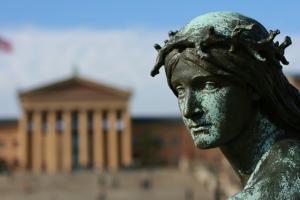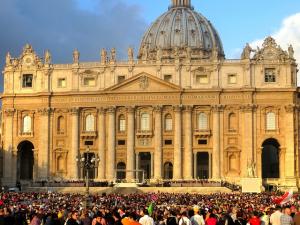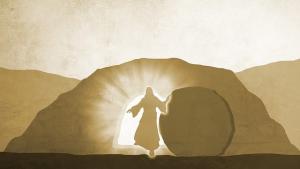One of the most unique and prevalent beliefs among the world’s religions is the belief in reincarnation. While the belief in reincarnation exists predominantly in eastern religions and philosophies, belief in it has also branched into the modern secular world. In this paper, I will endeavor to provide an overview of reincarnation and conclude by articulating what Catholicism has to say about this ancient belief. On Reincarnation The earliest recorded teachings on reincarnation appear in the Hindu scriptures circa 800... Read more

















